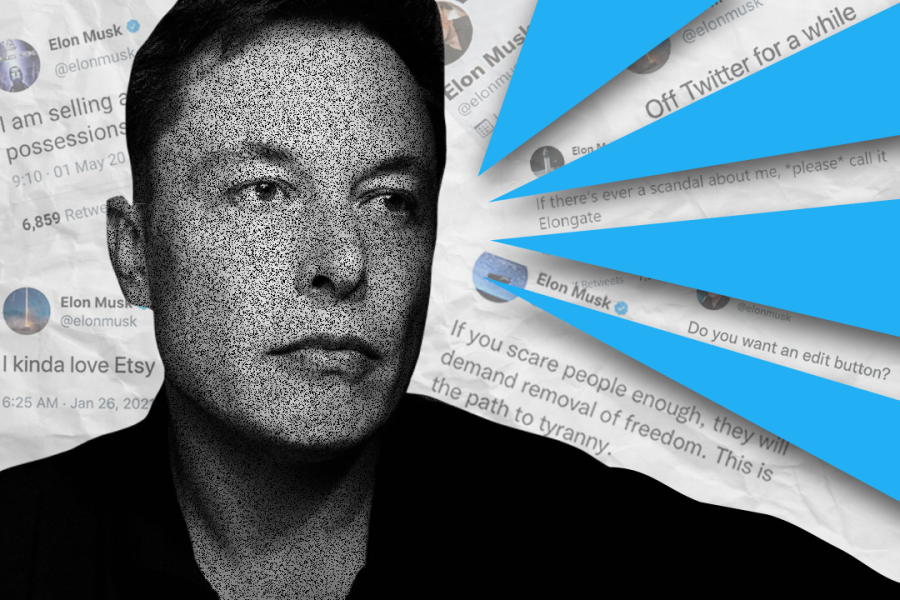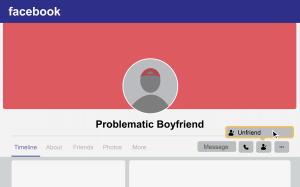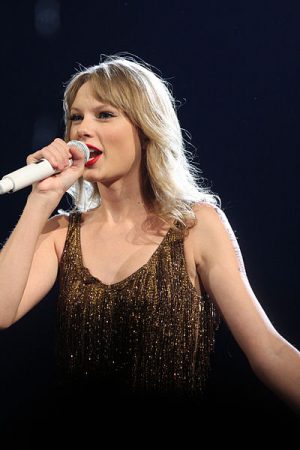Some Things Shouldn’t Be for Sale, Elon Musk
When we start selling entire media platforms to imperial moguls, we jeopardize speech for all
May 4, 2022
May 8, 2021, was a very exciting day for me. It was my birthday and the first time in many years that it fell on a Saturday — which also meant that it aligned with one of Saturday Night Live (SNL)’s last shows of the season. I scoured SNL’s Instagram weeks in advance, waiting for the announcement of who the host for May 8 would be; if it was someone I liked (or even someone I wasn’t too familiar with but tolerated), then I could incorporate the show into my plans, promising the birthday of a lifetime.
So imagine the horror I felt when SNL announced that Elon Musk would host the show on May 8. With renowned celebrities like Adele, John Mulaney, Jason Bateman, Timothée Chalamet, Dan Levy and Daniel Kaluuya previously appearing that season, I had high expectations that immediately dissipated upon learning that Musk was to be the host.
I don’t hate Elon Musk. I think he does a good job of envisioning an abstract, scientific future, harnessing other people’s innovations and creating a business out of those ideas as exemplified by two of his most notable projects, Tesla and SpaceX. However, he is also the wealthiest person in the world — with a net worth above even that of Amazon’s Jeff Bezos — and does virtually nothing to improve the quality of life for those who have fewer resources. He is by no means a hero or someone I look up to. And he is certainly not someone that I want to have more of a visible presence in media spaces than he already does.
On Monday, April 25, Musk reached a deal with Twitter executives to buy the platform for $44 billion, the first step in his plan to privatize the company and “promote more free speech on the platform.” Musk believes that moderators on Twitter have interfered too much by regulating fake news, misinformation and harmful material and has been critical of Twitter executives’ decision to remove former President Donald Trump from the platform after his inflammatory comments. It is unclear what kinds of changes he’d make to the platform, but it’s scary to imagine a platform where hate speech and misinformation can run rampant.
Since the deal was confirmed, Musk has launched attacks against Twitter executives Vijaya Gadde and Jim Baker, continuing the pattern of being both incredibly critical and admiring of Twitter. Earlier in the month, Musk questioned Twitter’s influence as a platform before affirming Twitter as “the digital town square where matters vital to the future of humanity are debated.” While it’s reassuring to know that Musk recognizes the important role Twitter plays in communication in the 21st century, it is equally frightening that he is about to take control of the platform. Twitter is of a different nature than other popular apps like Instagram or TikTok since it is designed to maximize mass communication and facilitate discussion among users, making it even more important that Twitter remains regulated.
Because Twitter is a public company, it’s not formally “owned” by anyone or any group. The largest stakeholders, which are the closest things to “owners,” are large institutional groups, the likes of which include the Vanguard Group, which held a 10.3% share in Twitter in April 2022, and Morgan Stanley Investment, with 8.4%. In terms of individual shareholders, however, Musk easily held the lead with 9.2% shares invested in the company. The last time individuals were the largest shareholders in Twitter was prior to when the company went public in September of 2013 and the individuals were Twitter’s founders and an early investor.
Twitter needs to be regulated by community members, employees and a group of executives, not one person with wild ideas about what free speech means.
Musk has announced intentions to make Twitter a private company, which means that he will have almost sole control over the platform. Private companies can still have shareholders, but their shares cannot be traded and sold by the public and their finances do not have to be published. The latter point is particularly problematic for the public, as it will allow Musk to shield his already well-endowed financial resources. There’s no need for a disgustingly rich person to get richer without being open to public scrutiny and accountability.
Aside from concerns about using the platform, I think Musk’s move deserves questioning. What does it mean that moguls with net worths of $273 billion can simply buy entire systems of communication with 329 million estimated monthly users worldwide? What gives one person the right to make decisions about what kinds of speech should be allowed and how that speech should be regulated on such a popular, influential and, for many, essential platform?
There should be some things, like Twitter, that simply aren’t for sale. They should remain in the hands of many. Though big institutional groups like the Vanguard Group often don’t represent the interests of everyday people, they are more benign than the machinations of a megalomaniac. When we start selling online social media platforms like Twitter — our 21st-century “digital town square” — we remove accountability from the hands of the people. Twitter needs to be regulated by community members, employees and a group of executives, not one person with wild ideas about what free speech means.
If we don’t start putting billionaires in check, then there will be no limits on what they think they can buy.
While companies like Instagram and TikTok may seem to fit this bill, much of the control over platform decisions remains in the hands of a company (ByteDance, for TikTok) or the founders (Kevin Systrom and Mike Krieger, for Instagram). Though Instagram’s founders left Meta over disputes about lack of autonomy in 2018, Instagram is still in a family of speech-related apps managed by Mark Zuckerberg, who has a much better handle on running social media platforms than many other tech moguls.
If we don’t start putting billionaires in check, then there will be no limits on what they think they can buy. Who knows, Musk may soon try to buy Kazakhstan or Greece, both of which have GDPs valued well below Musk’s net worth. Wealth is already accumulating in the hands of a few; we don’t need power to be more concentrated in those same hands than it already is.
At this point, it is too soon to tell how Twitter will be affected by this acquisition. Maybe it will evolve into a better platform that encourages authentic discussion instead of promoting echo chambers, like Musk envisions. However, like the issues with futuristic Teslas, Twitter could just as well be yet another of Musk’s sci-fi-inspired pet projects that never fully comes to fruition.















